The Turmoil of Jalal
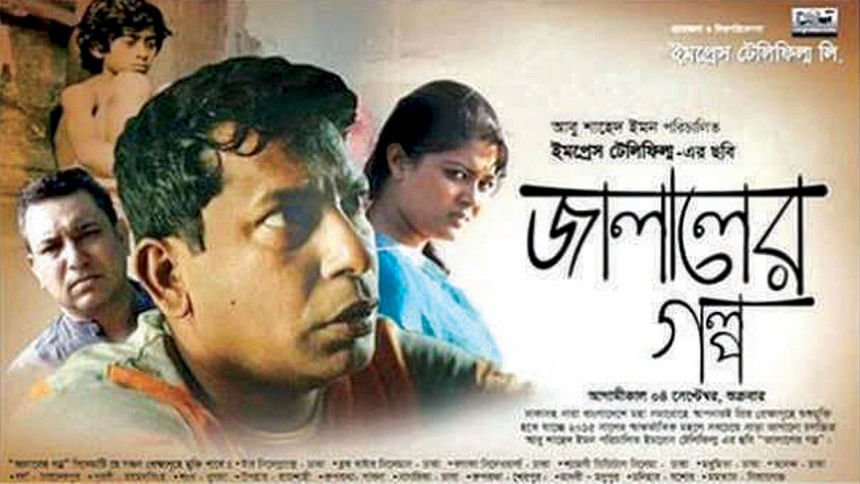
Cinema as an art form has gone through a fair amount of progress throughout the years in our country- starting from the cinema movement back in the mid-60's, to the current time where Bangladeshi cinema has managed to create quite a buzz in foreign film festivals. One of the current movies which has been critically acclaimed and loved by the audience is 'Jalaler Golpo'. Directed by the young Abu Shahed Emon, the movie has received awards such for categories such as the best film in AVANCA International Film Festival , even before its release in the theatres. Recently 'Jalaler Golpo' has been nominated in the foreign film category in the 88th Academy Awards. Being the 11th Bangladesh film sent to the Oscars, 'Jalaler Golpo' is the first film from Bangladesh to receive nomination. It is indeed a proud moment for all film lovers to see a homebound character such as Jalal up there with the big names of Don Corleone, Amelie or Apu from Pother Panchali.
A three part chronicle of a voiceless orphan's life in rural Bangladesh, the movie showcases issues from Women's Rights, to the superstitious beliefs still persisting in rural areas of modern Bangladesh. It is believed by many that the film reflects the story of Moses, as it starts with a child found floating in the river. The story continues as destiny literally carries the character Jalal down the river from one hostile home to another. The first part of the film represents the prelude of Jalal, where he is found by a fisherman named Miraj, played by Nurul Alam Noyon. In a series of coincidences, the villagers believe that Jalal is blessed by Allah- a superstition which Miraj uses for profit. But when a jealous neighbour stirs up trouble, the baby named Jalal is abandoned and is left where he was found, in the river. The second part of Jalal's life takes place in an aspiring politician's home. Karim, played by Tauqir Ahmed, rescues Jalal, but their relationship is rarely shown. Karim and Jalal are faced with a difficult situation, when a Shaman is called to address Karim and his new wife Rahima's (played by Shormi Mala) fertility problem. The Shaman for his own benefit, declares Jalal as a demon and the reason for Karim's problem. Yet again, Jalal is sent to where he was first found.
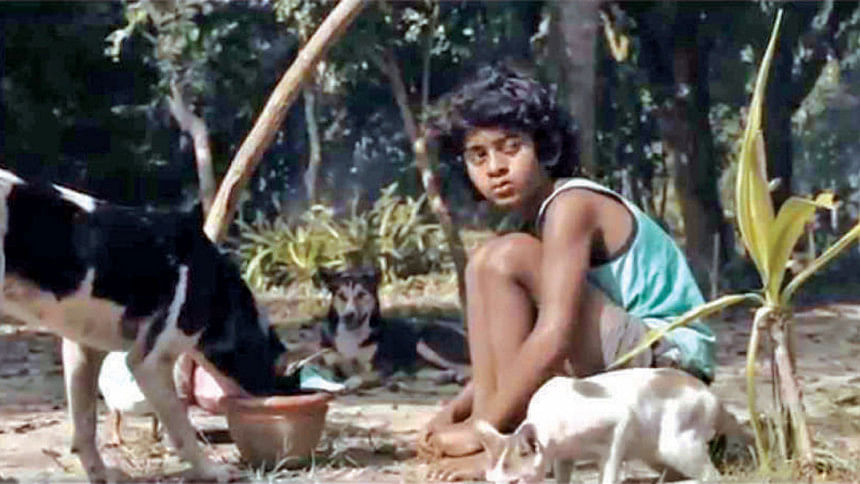
The last part shows Jalal as a 20 year old aspiring gangster, found by Shajib (Mosharaf Karim) as an orphan. The story strikes when Jalal kidnaps a young woman named Shila (Moushumi Hamid) for Shajib. Shajib keeps the girl as his sexual hostage. When the girl gets pregnant, her value to Shajib drops. He orders the baby to be despaired as it could come in the way of his political career.
The movie dictates the life of a bastard child and his existences in the society, where the character Jalal is used more as a metaphor rather than protagonist. In the last scene, where the baby drifts away and Jalal drowns to save him, narrates a new beginning and an end to what Jalal represents, reciting a bastard child's life as nothing but a drifter. In addition to gender inequality and superstition traditionalism, Emon points a clear finger at political corruption at the community level and the contemporary belief of placing material wealth ahead of humanism.
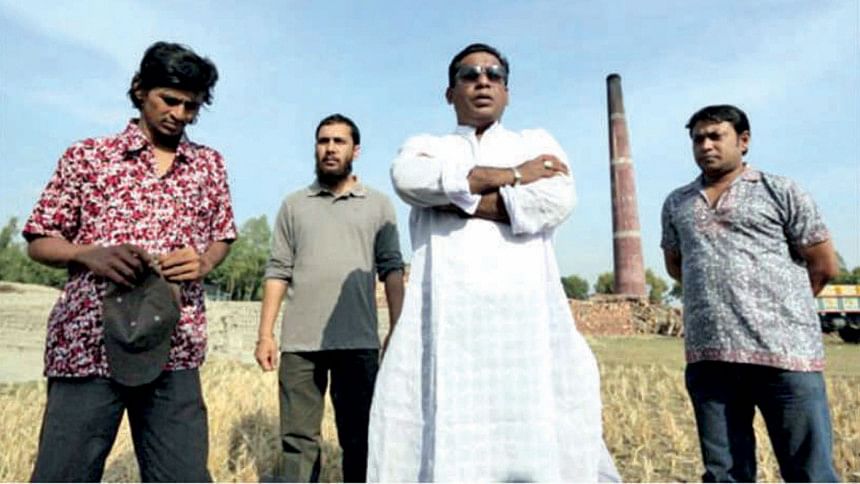
The cast played an astounding role to make this movie worthy of a watch. The script and dialogues have also contributed greatly to the film and is also a few of the reasons it achieved the audience's attention. 'Protipokkho k shobshomoy fapor er upor rakha uchit' a dialogue which is said by Mosharaff Karim has already been picked up by audiences and is being used as a popular phrase quite frequently by youngsters. The cinematography in the movie has also triggered quite an attention.
As we are still in search of our own benchmark in films, Jalaler Golpo can be a good example of what we can set as our own. It may not be the whole entertainment package, but it certainly is pioneering as the one to set our standard.
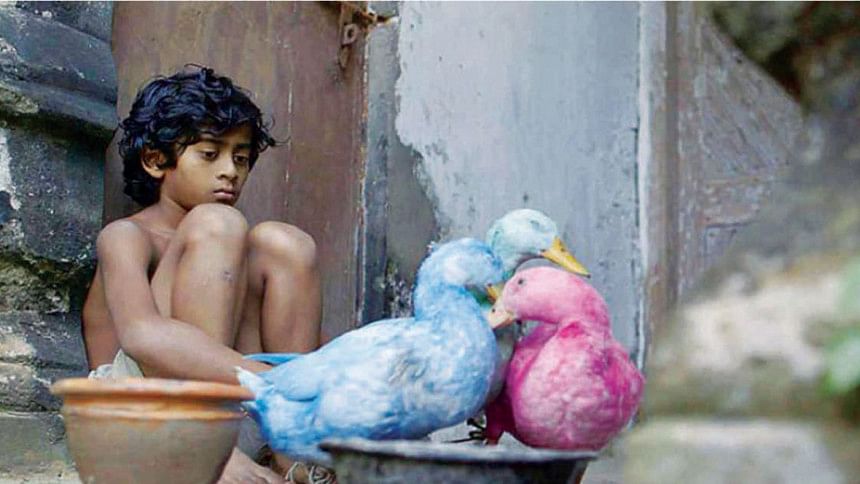

 For all latest news, follow The Daily Star's Google News channel.
For all latest news, follow The Daily Star's Google News channel. 


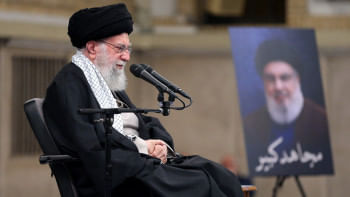
Comments